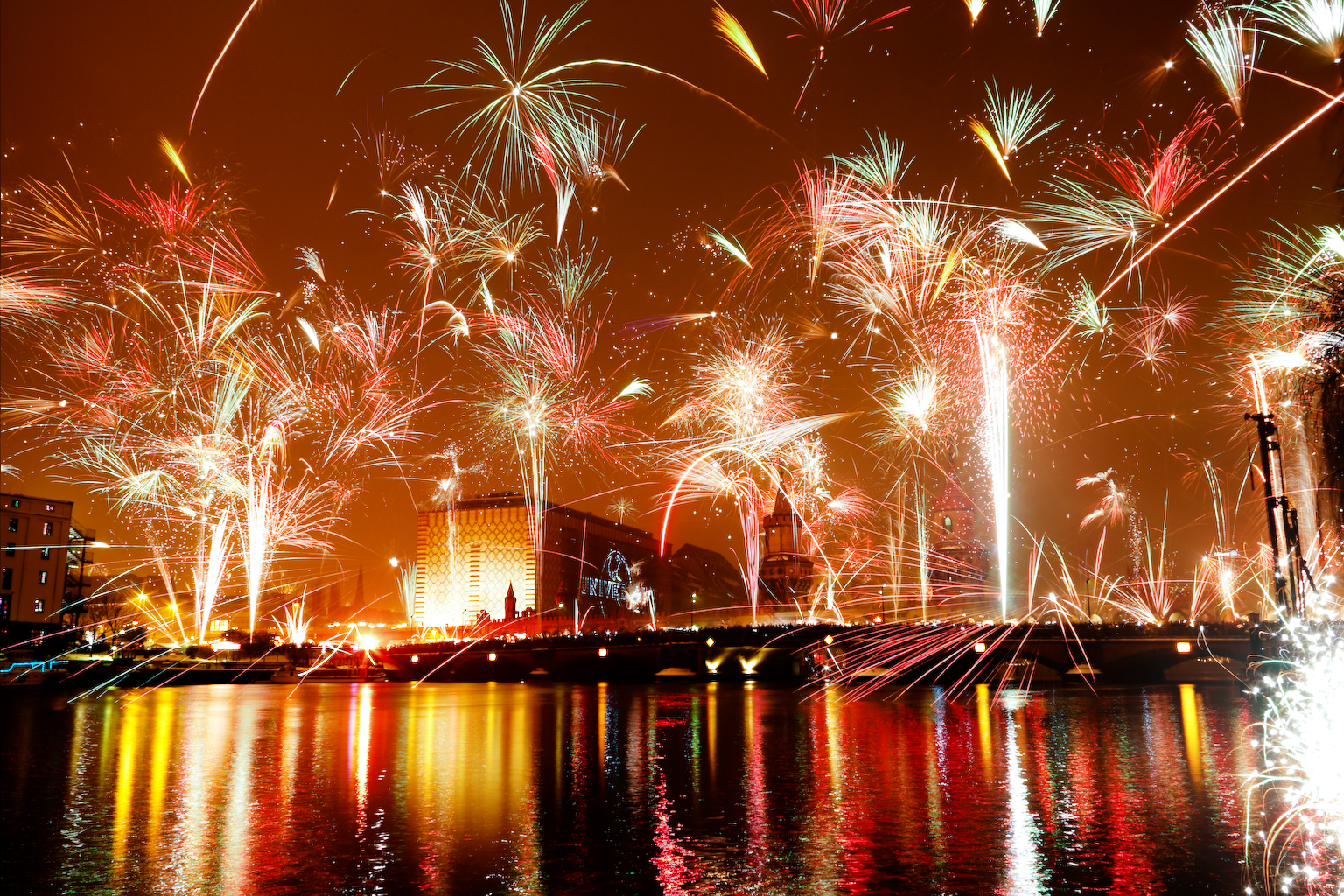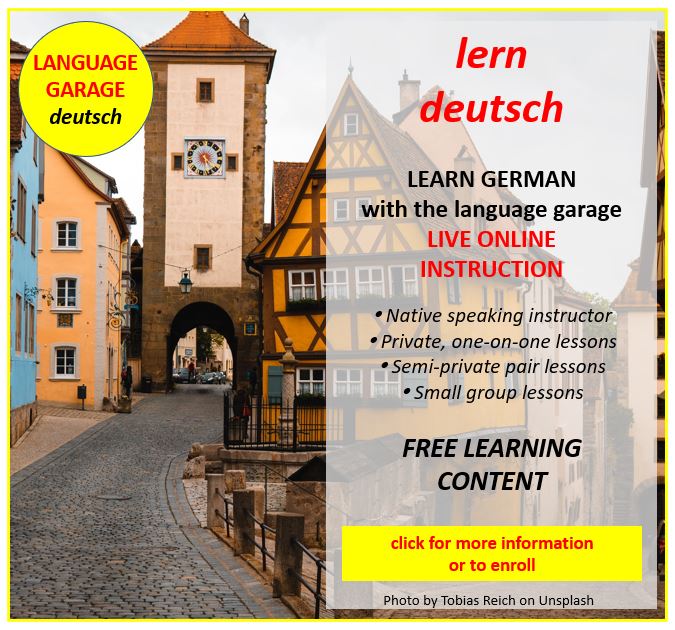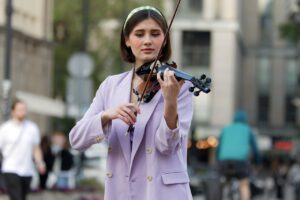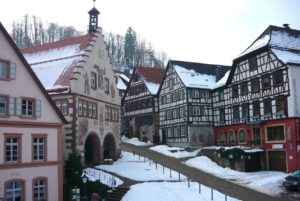Silvester: Celebrating New Year’s in Germany, Switzerland, and Austria
The New Year, or Silvester, is a vibrant and meaningful celebration in Germany, Switzerland, and Austria. The celebration includes traditions that blend regional customs with shared German-speaking cultural heritage. From festive foods to public fireworks, each country offers unique ways to welcome the new year.
Traditional Foods of Silvester, New Year’s in Germany, Switzerland, and Austria
Food is central to New Year’s in Germany, Switzerland, and Austria. One of the most popular Silvester dishes is Raclette or Fondue, especially in Switzerland, where melted cheese is paired with bread, potatoes, and vegetables. Germans often enjoy Berliner Pfannkuchen (a jelly-filled doughnut) or hearty dishes like Sauerkraut and Würstchen (sausages). These dishes symbolize luck and prosperity. In Austria, a New Year’s feast might include Marillenknödel (apricot dumplings) or Schweinsbraten (roast pork). A common custom in all three countries is the lucky charm of Linsensuppe (lentil soup), which according to tradition brings wealth in the new year.
Public Celebrations and Fireworks
Public Feuerwerk (fireworks) are a quintessential feature of New Year’s Eve across Germany, Switzerland, and Austria. At the stroke of midnight, the skies light up with dazzling displays of Feuerwerk. This symbolizes the expulsion of evil spirits and the welcoming of good fortune.
In Germany, the largest public celebrations occur in Berlin, particularly at the Brandenburger Tor (Brandenburg Gate). Here, live music and performances lead up to a grand fireworks finale. Similarly, Zurich in Switzerland hosts an impressive Feuerwerk über dem See (fireworks over the lake), accompanied by festive gatherings along the shores of Zürichsee (Lake Zurich). Vienna, Austria, offers a unique experience with the Silvesterpfad (New Year’s Eve Trail), where the city center transforms into a street party with concerts, food stalls, and waltzing in the streets.
Private Traditions and Lucky Charms of New Year’s in Germany, Switzerland, and Austria
In private homes, people gather for dinners, play games, and partake in quirky customs. One such tradition is Bleigießen (lead pouring), popular in all three countries. Participants melt small pieces of lead or wax and drop them into cold water, interpreting the resulting shapes as predictions for the coming year.
Another common practice is giving lucky charms like Schornsteinfeger (chimney sweeps), Glücksschweine (lucky pigs), or vierblättrige Kleeblätter (four-leaf clovers) to loved ones for good fortune. These are often accompanied by small bottles of sparkling wine or chocolates.
Music and Dance
Music is an integral part of Silvester festivities of New Year’s in Germany, Switzerland, and Austria. In Austria, Vienna’s Neujahrskonzert (New Year’s Concert) by the Vienna Philharmonic is a world-renowned event broadcast live. The waltz, particularly Johann Strauss II’s An der schönen blauen Donau (The Blue Danube), is traditionally played at midnight, and Austrians often waltz into the new year.
In Switzerland and Germany, modern music blends with traditional tunes. Private parties might feature lively playlists, while public celebrations host performances ranging from classical to contemporary music.
Welcoming the New Year Together
As the countdown to midnight on December 31 reaches zero, everyone joins in shouting, Prosit Neujahr! (Cheers to the New Year!). Then there are hugs, kisses, and the clinking of glasses filled with Sekt (sparkling wine). The atmosphere is filled with optimism and joy as people celebrate together, whether at grand public events or intimate gatherings. New Year’s in Germany, Switzerland, and Austria is a mix of old-world charm and modern festivities, making it a truly memorable way to ring in the year. Frohes neues Jahr! (Happy New Year!) Guten Rutsch! (Good slide [into the new year]!)
Get on the road to speaking German with the Language Garage!
We hope you’ve enjoyed learning about New Year’s in Germany, Switzerland, and Austria. If you’d like to learn German check out our other posts on German language, culture, and more. And if you’re looking for convenient and affordable live German lessons with a real teacher, check out The Language Garage German. Our lessons are given online in a virtual classroom, so it doesn’t matter where you live or work. We can come to you. And we have flexible options, with a free trial so that you can decide if there’s a fit. Check us out!
Image Source Wikimedia Commons






